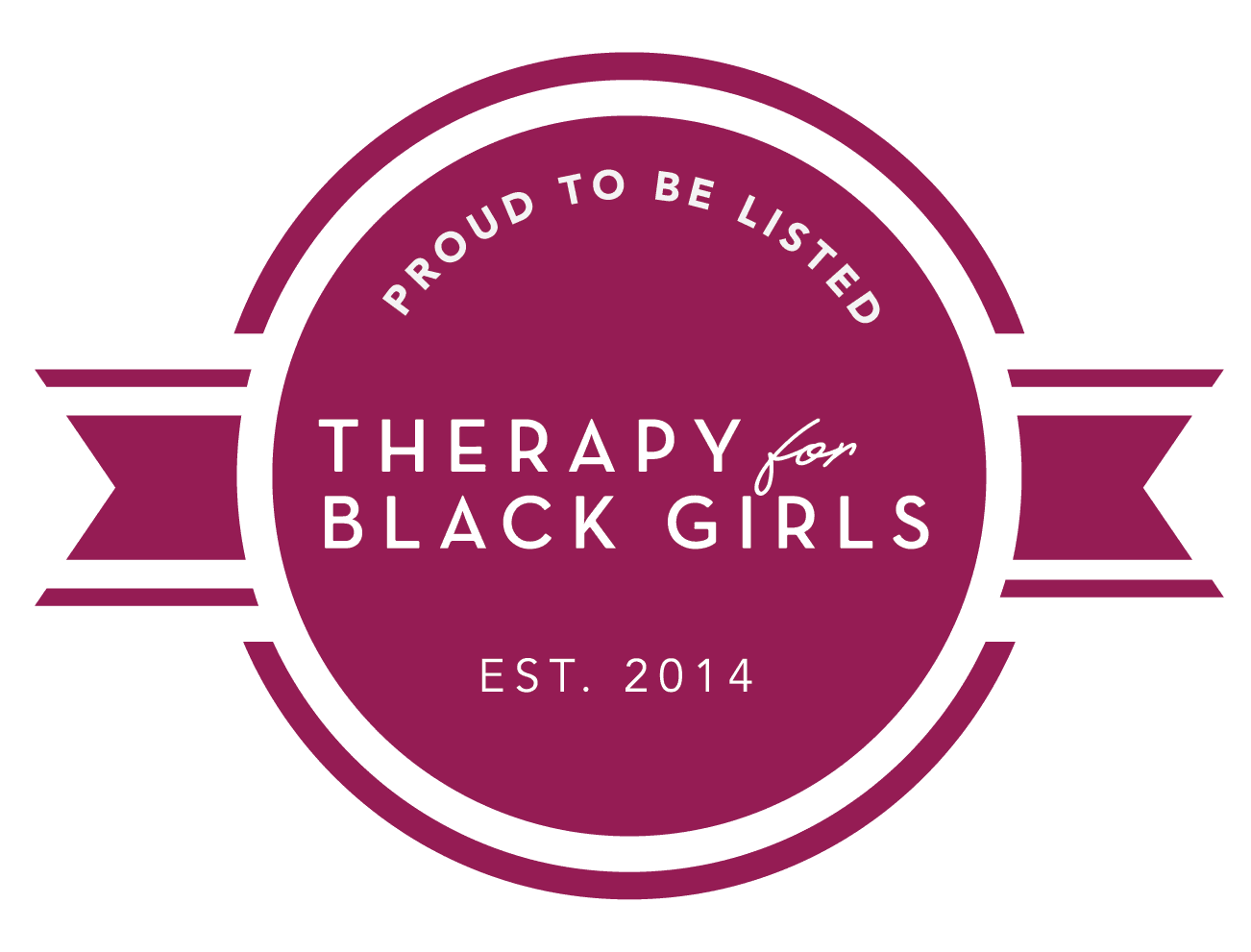Therapy For People Of Color
Is It Difficult For You To Access Culturally Competent Mental Healthcare?
Are you Black, Indigenous, or a person of color (BIPOC) and in search of a culturally sensitive and effective therapist? Have symptoms of anxiety or depression—such as hopelessness, worry, and fear—negatively impacted your life? Or are you struggling to adjust to a big transition?
Perhaps you’ve experienced a sudden shift in your day-to-day routine, whether that’s due to new developments in your work, relationship changes, or a sudden flux of your everyday circumstances. Maybe you have recently endured one or many losses that have caused you to feel a heavy burden of grief.
It may be that depression and anxiety have followed you for much of your life. Perhaps you find it hard to concentrate or feel motivated, or maybe you often feel restless, fearful, and agitated. There may even be an instance of unresolved trauma from your past that has caused you to feel hypervigilant or unsafe.
Alternatively, you may be in a relationship that’s struggling. You and your significant other may often argue or experience breakdowns in communication. If this is the case, the stress generated in your relationship has likely infiltrated other areas of your life, further exacerbating symptoms of anxiety, depression, or distress.
As people of color, we are also subjected to more systemic bias and trauma. And despite the struggles we experience with our mental and emotional health, it can be difficult to feel seen and heard by clinicians or therapists who fail to understand our perspective.
In therapy at Pandora’s Awakening, people of color can feel confident that they are receiving effective support and guidance from culturally sensitive and knowledgeable providers.
The Field Of Therapy Has Historically Discounted The BIPOC Experience
Though the field of psychology has become more diverse over time, it was estimated as of 2013 that only about 16 percent of mental health professionals came from racially or ethnically diverse backgrounds1. That’s hardly proportionate to the nearly 40 percent of Americans who identify as non-white2.
Unfortunately, this lack of representation in the field contributes to the mental health challenges experienced by the BIPOC population and mirrors the lack of representation we observe in other parts of society. Because individuals of color are often mis- or under-represented in the media, for instance, racial bias, race-related trauma, and stereotypes are further perpetuated.
Moreover, White supremacy runs rampant throughout our medical and education systems. As a result, individuals of color often do not receive culturally competent and effective healthcare—including mental health support—and we end up being harmed by the systems intended to protect and heal our pain.
As humans, all of us face hardships and challenges. Whether we are struggling to meet the cultural, educational, or religious expectations of our families or experiencing individual symptoms of anxiety, depression, or unresolved trauma, we deserve to receive culturally competent care and support. And within the BIPOC community in particular, we continue to be surrounded by a collective grief fomented by the continued violence and oppression demonstrated toward us.
With a BIPOC therapist, however, you can explore both the communal and individual mental health struggles that are creating obstacles in your daily life.
Therapy For People Of Color Honors Your Unique Identity And Experience
No matter your circumstances, it can be difficult to find a safe, confidential atmosphere that is yours—and yours alone—to explore your experiences and emotions. Yet therapy for POC is designed to provide you with a space in which you can feel secure to become emotionally vulnerable as you’re supported by a clinician who is tailoring the therapeutic experience to meet your needs.
After a free, 15-minute consultation during which you can learn more about what therapy for people of color entails and how we can help, you’ll be matched with a counselor who will then initiate the intake process. This process typically lasts about three sessions and lays the foundation for what you will explore and target in therapy. Throughout these first sessions, your therapist will generally gather information about your history, presenting problems, and goals for BIPOC therapy. 
As your therapist gets to know you better, they will be able to customize your treatment to target symptoms of anxiety, depression, or unresolved trauma and help you to build specific skills for coping. You will learn how to be more proactive and preventative in your daily life so that you can tolerate stress and manage emotions more effectively. And you’ll also be given an opportunity to understand more about the patterns that are ultimately leading to destructive behaviors.
The vast majority of our therapists are trained in Eye Movement Desensitization and Reprocessing (EMDR), which gently targets trauma, and Cognitive Behavioral Therapy (CBT), which is highly effective for resolving distorted thinking and behaviors. And for couples in particular, we may utilize the IMAGO, Bader’s Couple’s Institute, Psychobiological Approach to Couple Therapy (PACT), and the demonstrated Gottman Method to help POC resolve communication and intimacy issues in their partnerships.
In addition, your therapist may encourage techniques for grounding, such as mindfulness and deep breathing to promote relaxation. With the skills you gain in therapy for people of color, you will be better prepared to cope with distress and communicate more effectively. And, over time, you’re likely to see symptoms of anxiety and depression dramatically decrease.
Our clinicians at Pandora’s Awakening are solution-oriented and draw from a number of approaches to treat the mental health issues often experienced by the BIPOC population. As therapists of color, we can help you to create a new and refreshed lens with which to address your daily stressors. We understand your traumas and frustrations on a fundamental level and can thus offer lasting and tailored solutions.
By participating in therapy for people of color at Pandora’s Awakening, you are giving yourself an opportunity to become unapologetically authentic—and we look forward to supporting your healing and transformation.
Perhaps you’re considering therapy for people of color, but you have some concerns…
I’m concerned about the cost of BIPOC therapy.
We aim to make therapy accessible and affordable for all people—especially our clients of color. Therefore, we offer quite a few options to offset costs. Our interns, for instance, are able to offer counseling at a reduced rate. And part of the intake process is ensuring that your financial limitations will be honored. In addition, we do take the majority of insurance plans. Please contact us to learn more about if the cost of therapy will be covered by your provider.
I’m worried that the information I share in therapy won’t be kept private.
Our goal as therapists is to make sure that you feel secure in and trusting of the therapeutic process. Thus, we would never share any of your personal information without your permission. We are a HIPAA-compliant practice, meaning that all of what you share during sessions will be kept in confidence.
As a POC, I have had bad experiences in therapy in the past.
We are therapists of color and, as such, understand that the field of psychology has historically been unaccommodating to the BIPOC community. Yet all of us are expertly trained and have years of experience providing culturally competent care. We recognize that there is no such thing as a one-size-fits-all treatment, no matter if you are struggling with depression, anxiety, trauma, or relationship setbacks. Therefore, we tailor therapy sessions for people of color to meet the needs of each individual.
If, at any time, you feel as though you are not getting adequate care, we encourage you to reach out and tell us what we can do to make you feel better supported. We are happy to pair you with another Pandora’s Awakening clinician who is better suited to meet your needs or refer you through our vast network of therapists for POC to find effective support.
 Feel Empowered To Be Wholeheartedly YOU
Feel Empowered To Be Wholeheartedly YOU
If you identify as BIPOC and are in need of mental health support, the therapists at Pandora’s Awakening specialize in therapy for people of color. To schedule a free, 15-minute consultation, please fill out this form and we will be in touch.
1 https://www.apa.org/workforce/publications/13-demographics/index


 Feel Empowered To Be Wholeheartedly YOU
Feel Empowered To Be Wholeheartedly YOU
